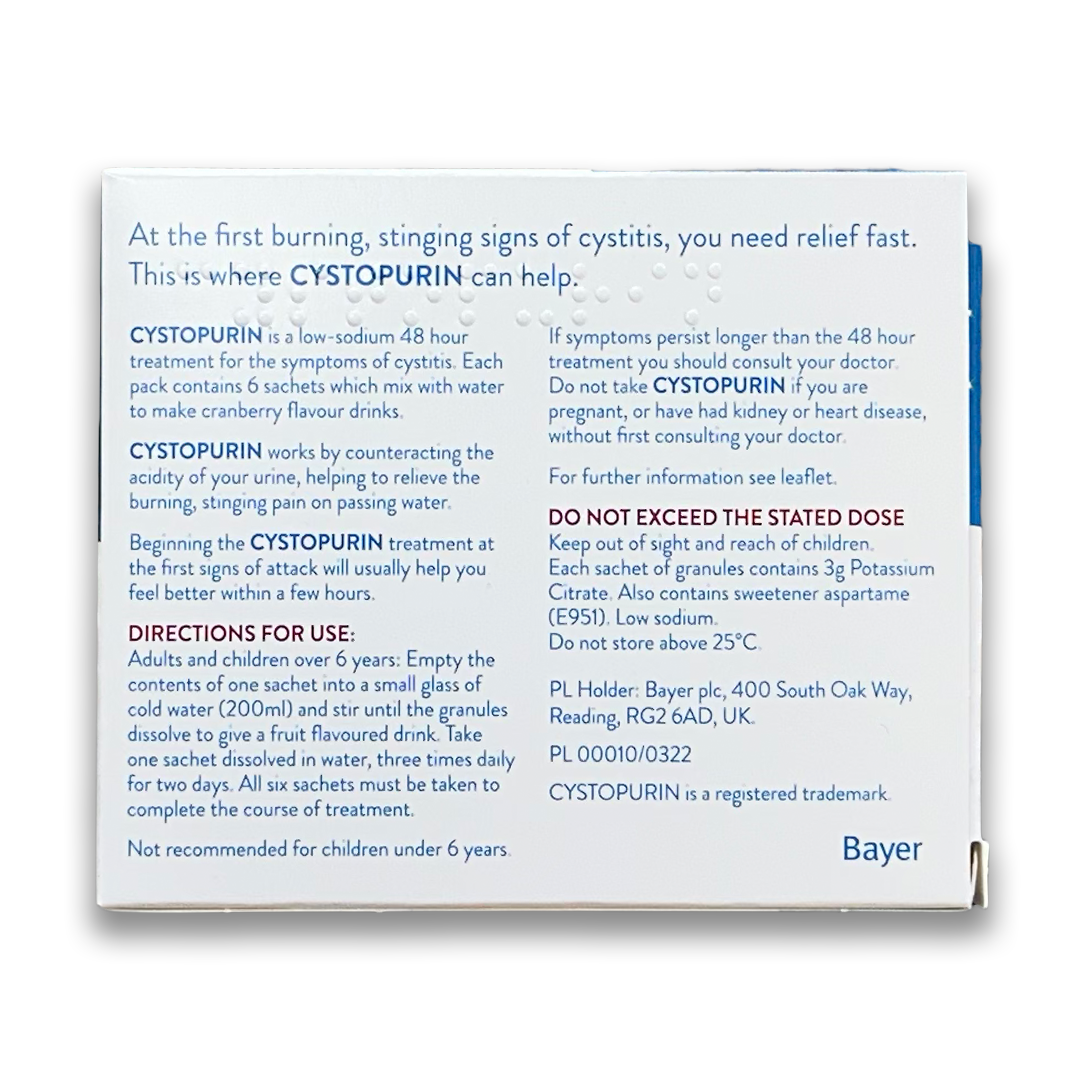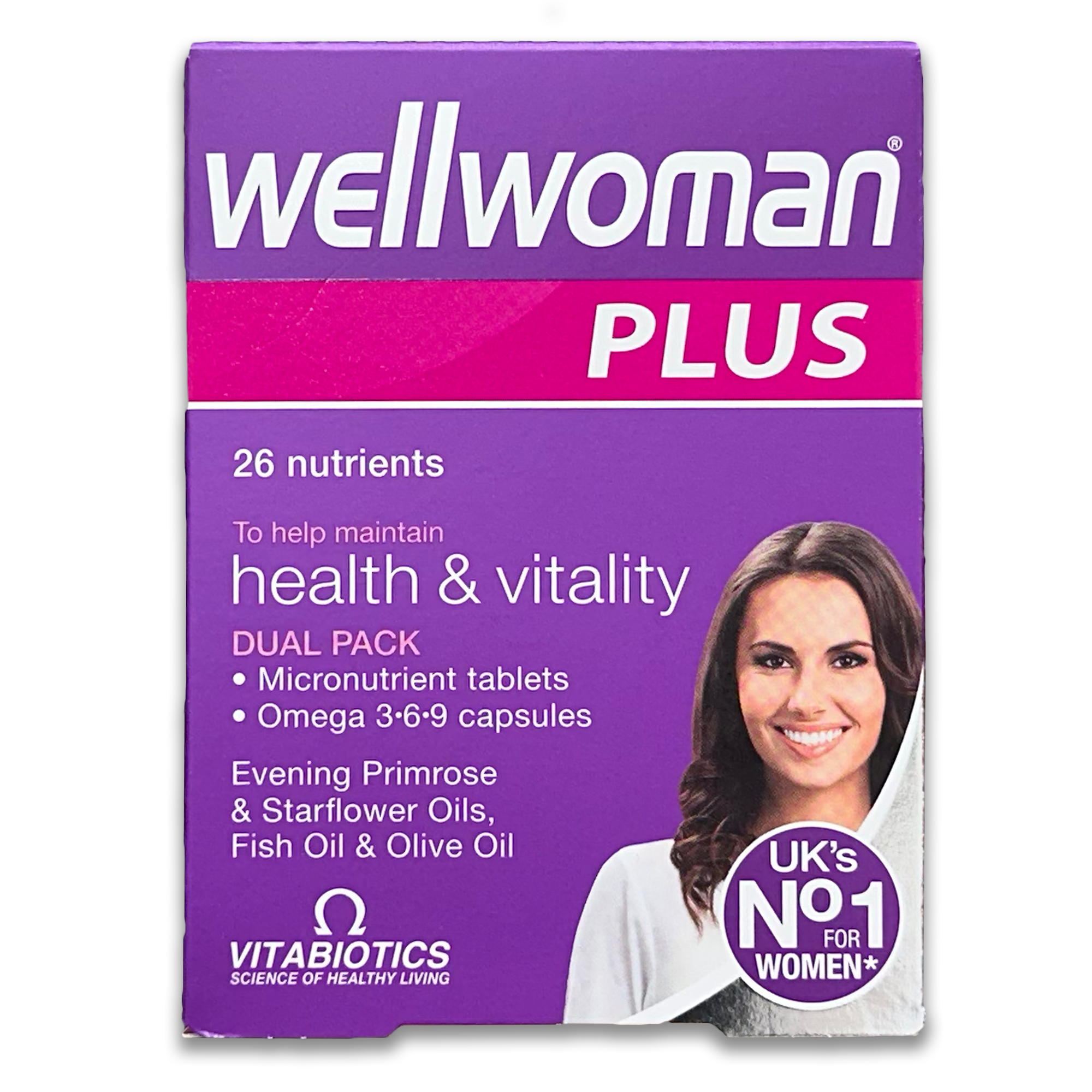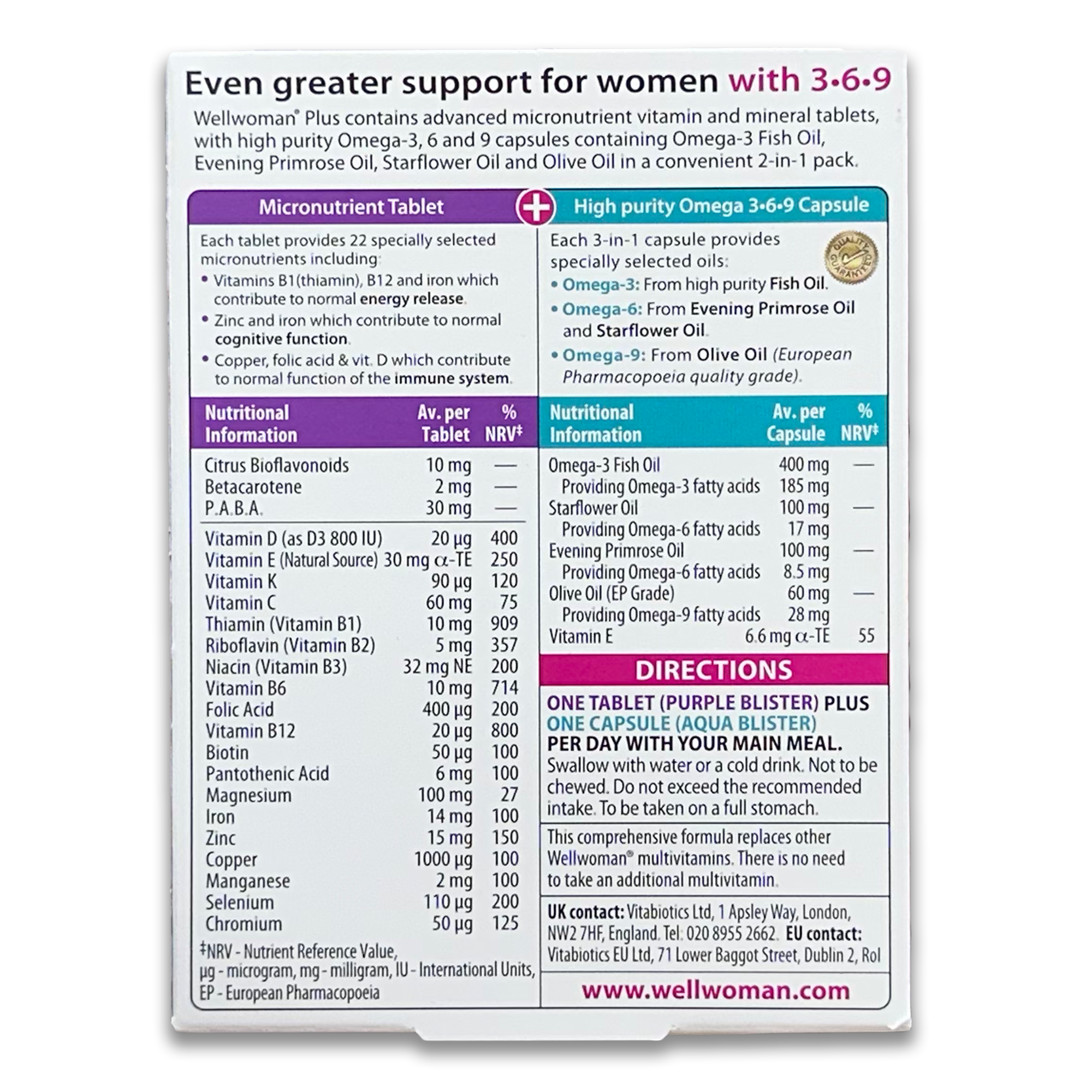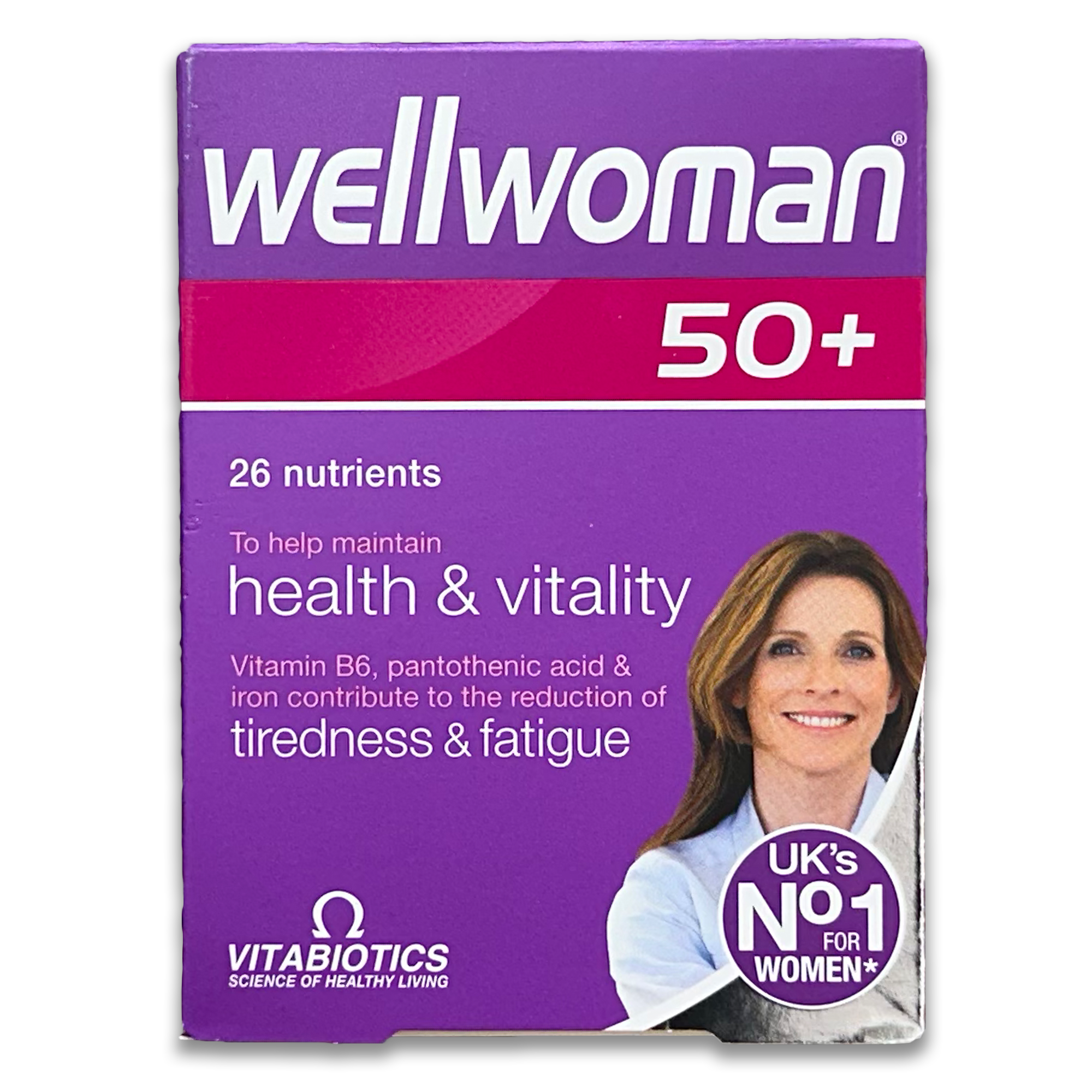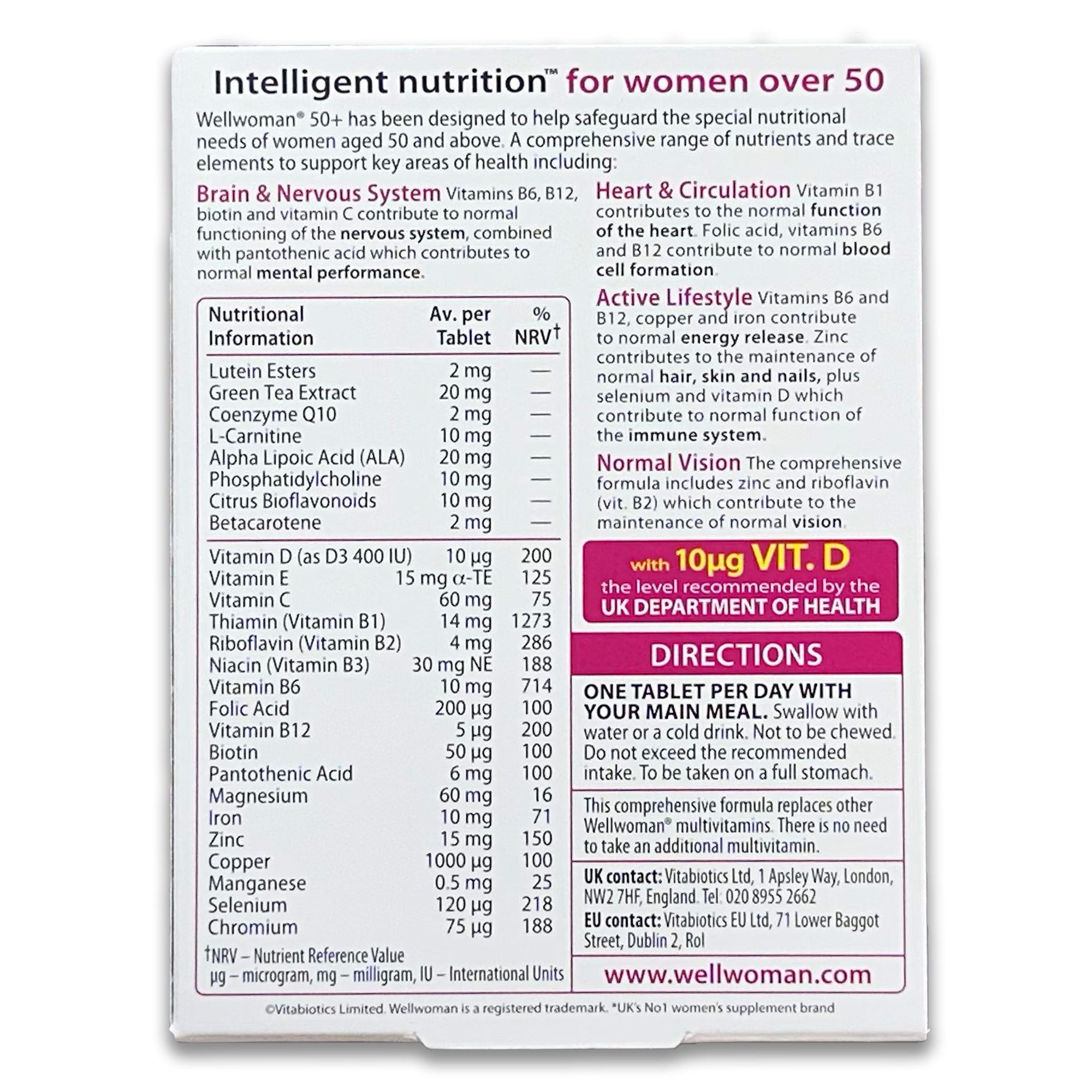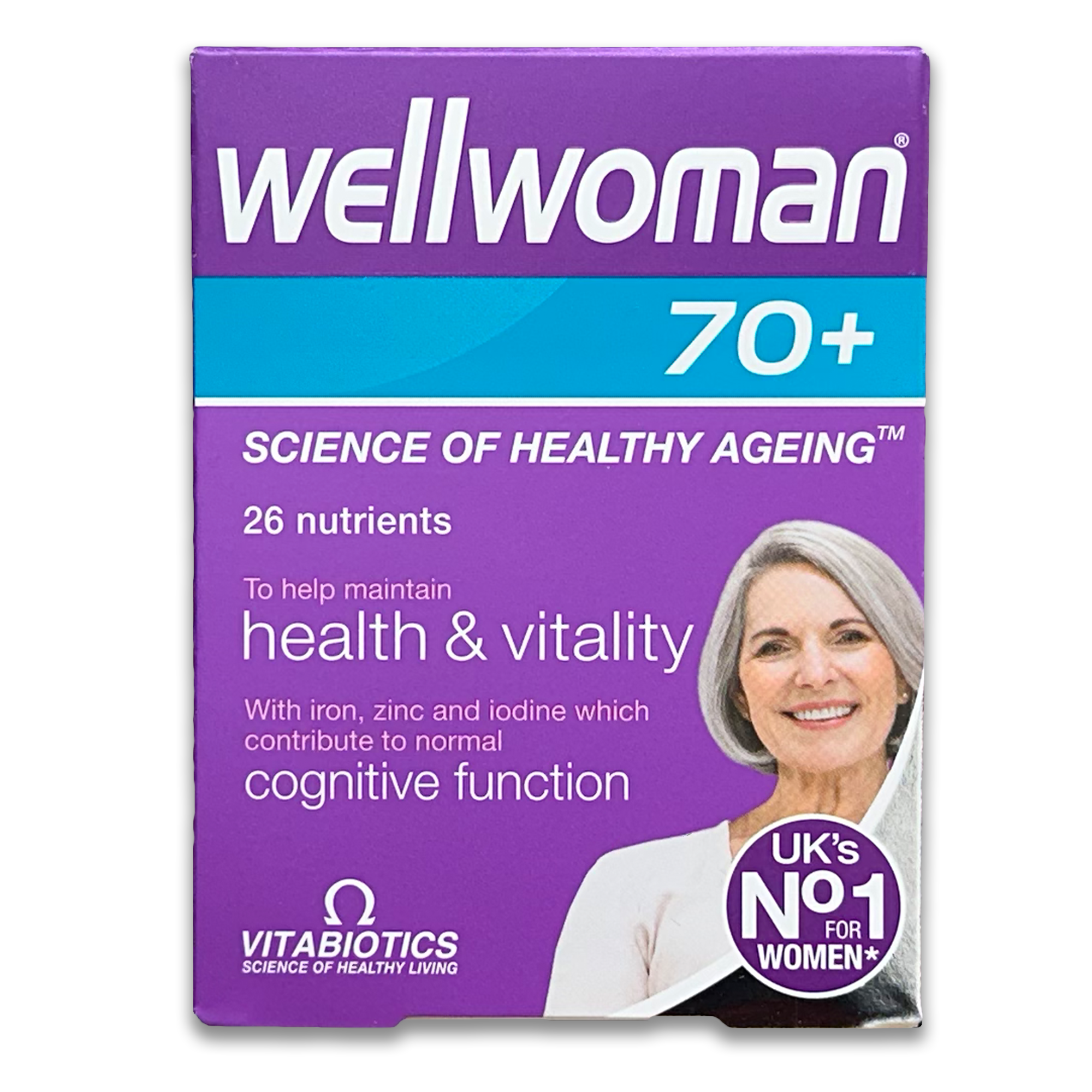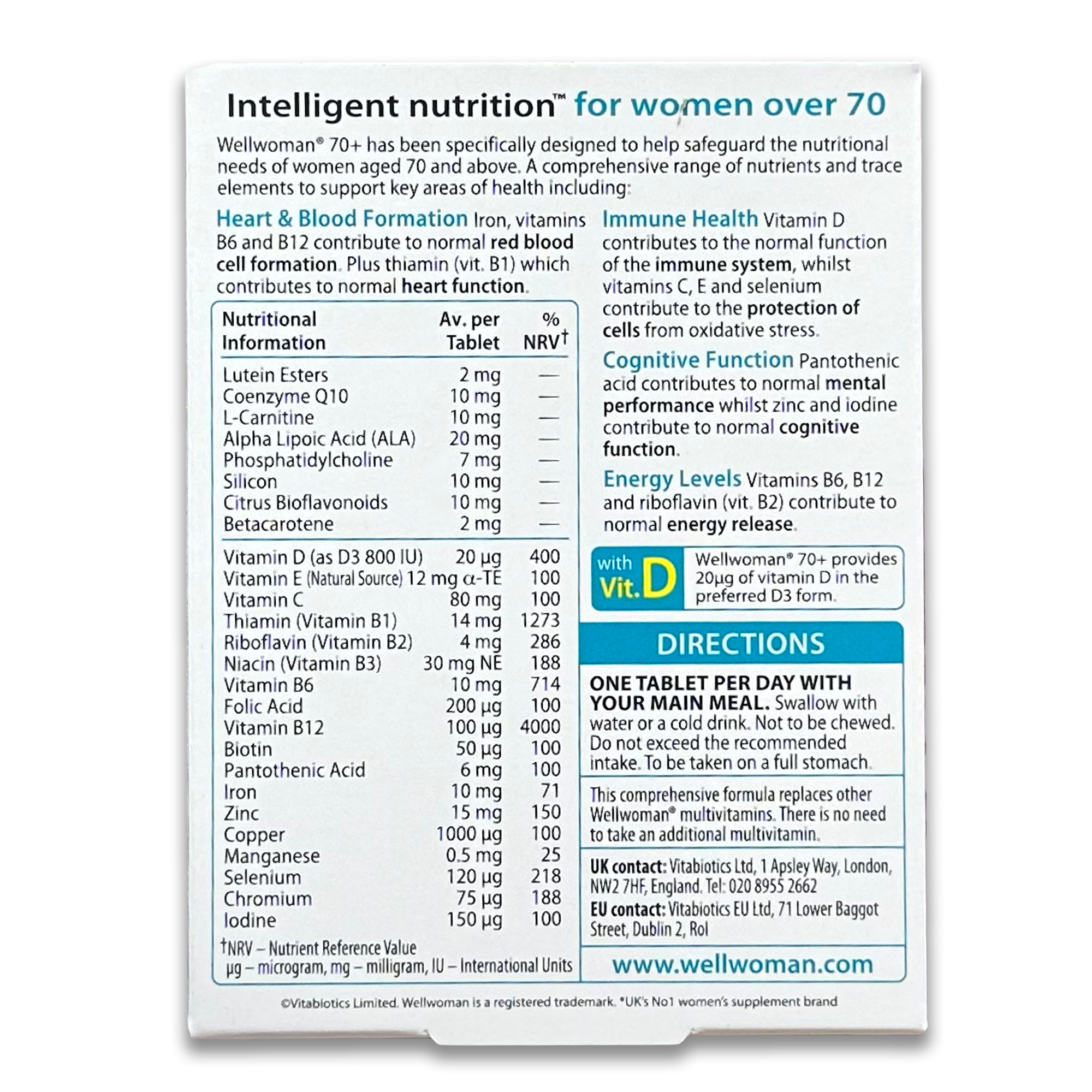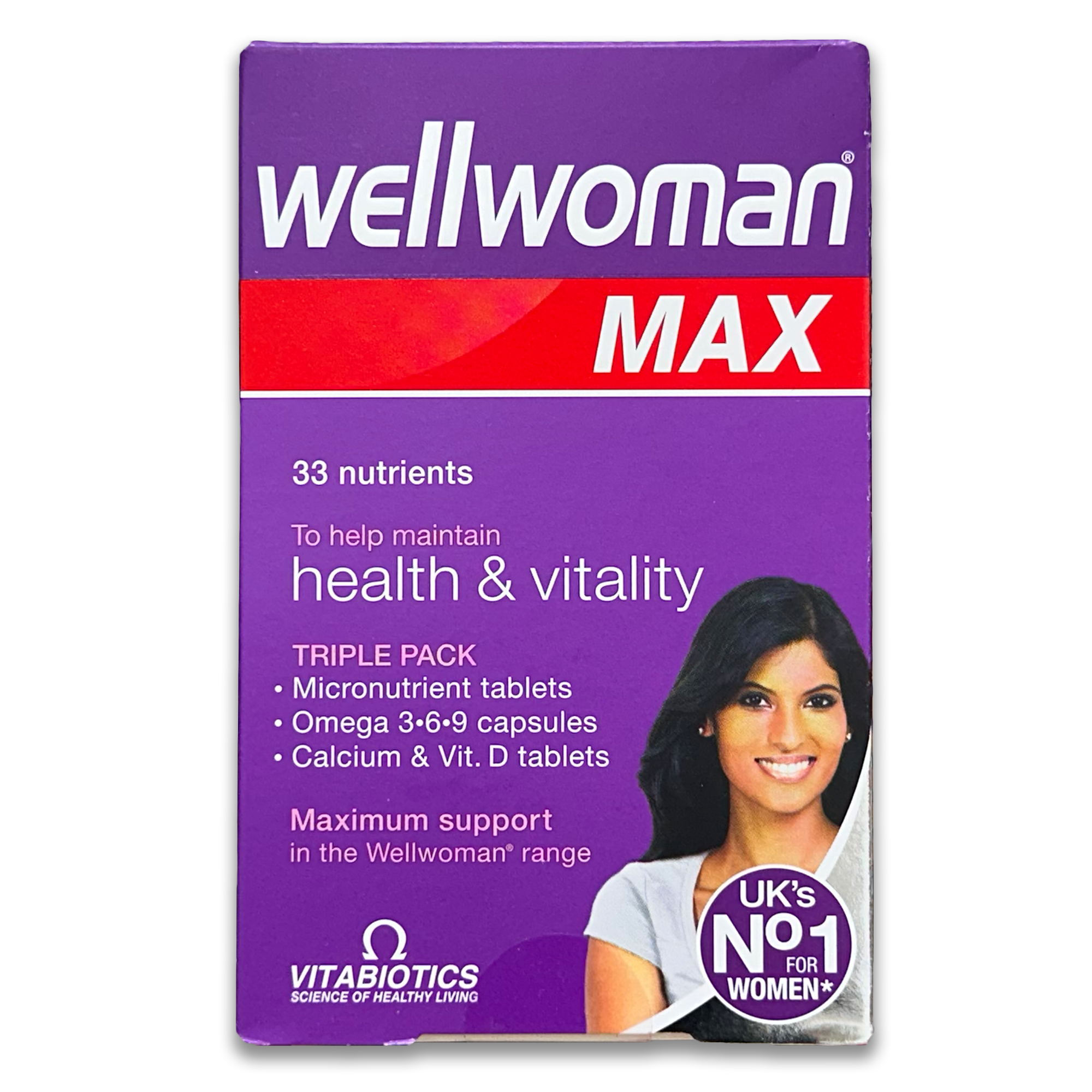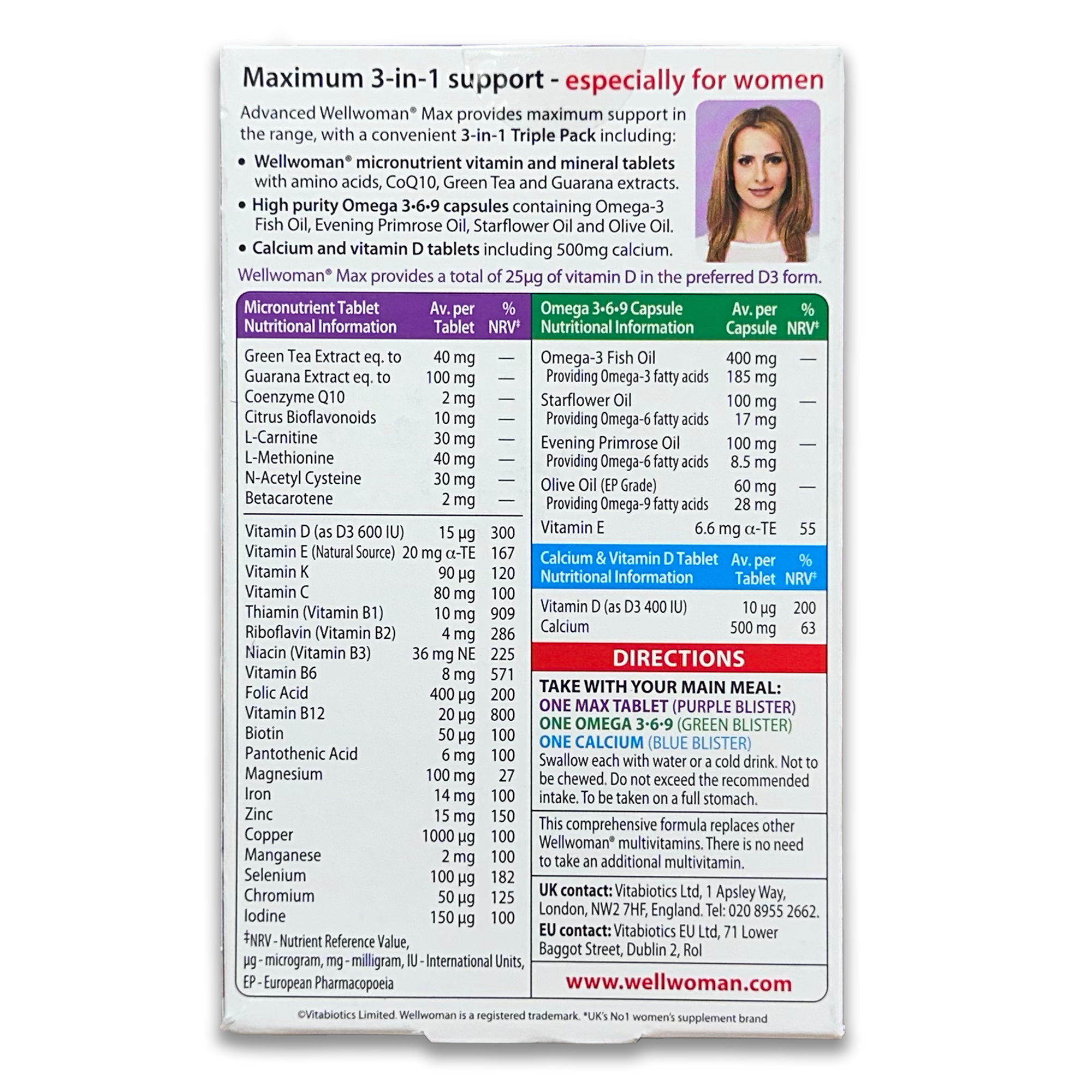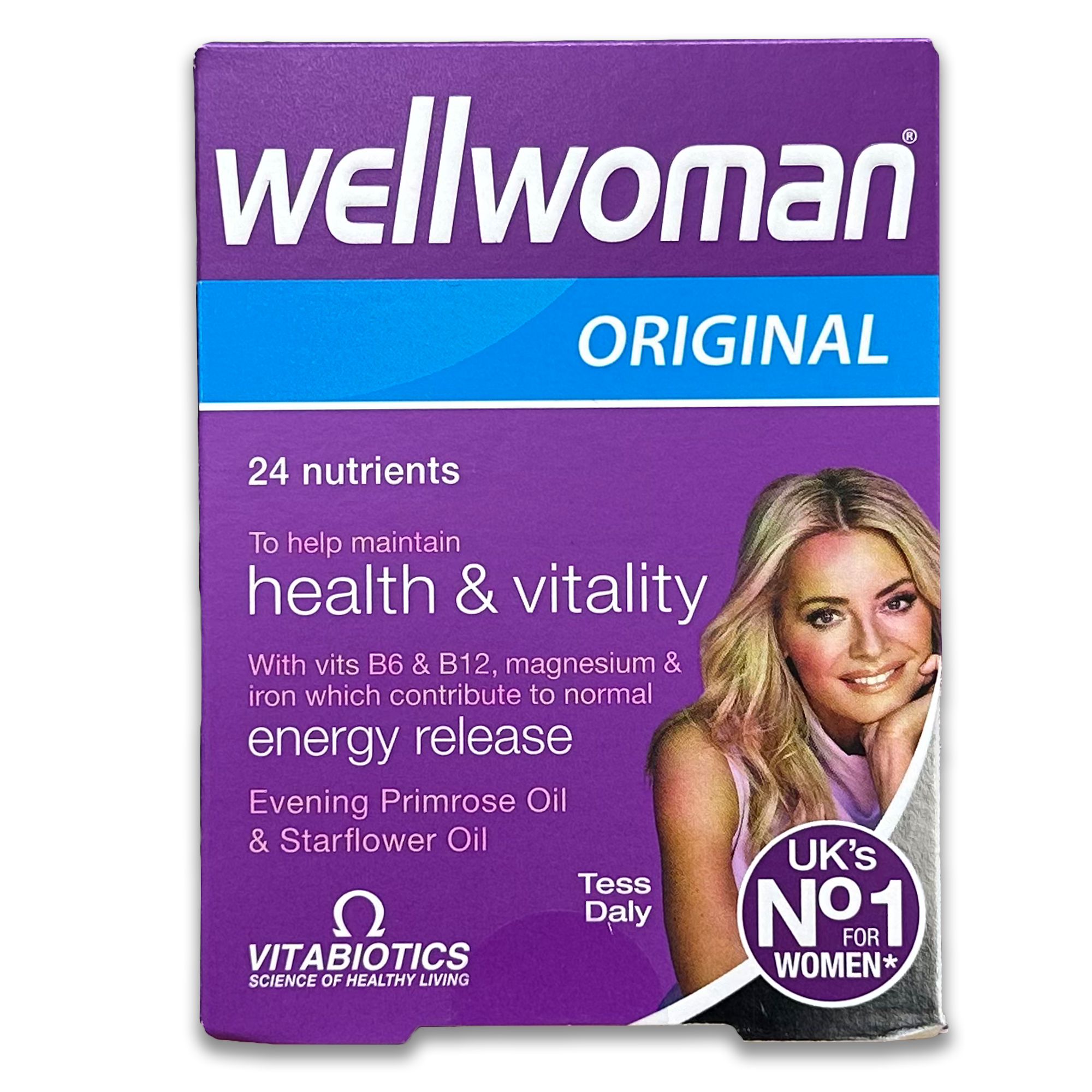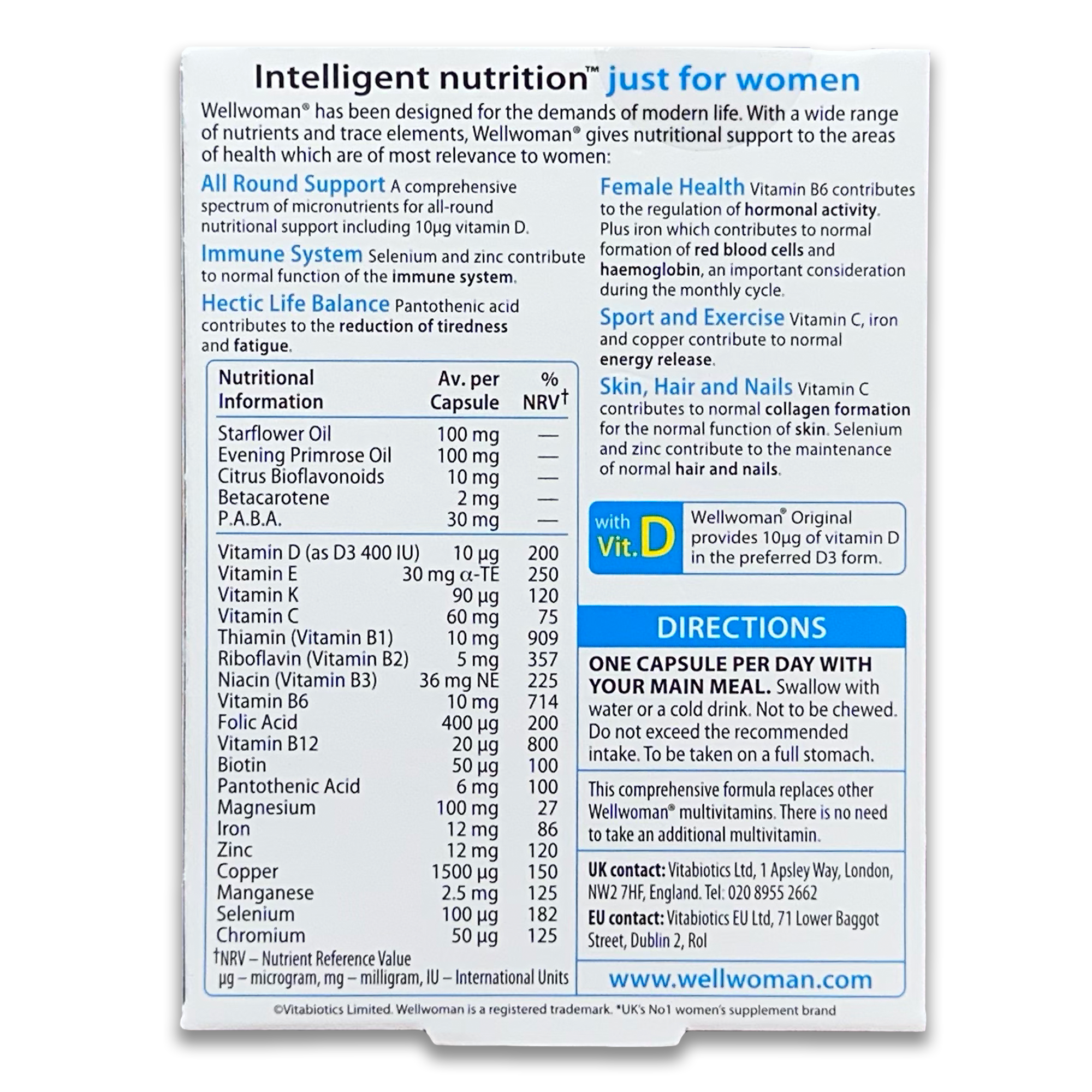Canesflor Probiotics Supplement
About Women's Supplements & Vitamins
Why it's Important
Drawbacks of not Taking Vitamins
Treatments
Prevention
Further Info
FAQs
What are the common signs of vitamin deficiencies in women?
Can I get all the necessary vitamins from my diet alone?
What's the difference between a multivitamin and women's vitamins?
Are there any side effects associated with taking women's vitamins?
We are here to help 👋
For assistance, please contact our customer service at info@rightangled.com. We are available Monday to Friday from 8 am to 5 pm. For urgent issues, please do not use this email. Instead, call 111, or dial 999 in case of an emergency.




